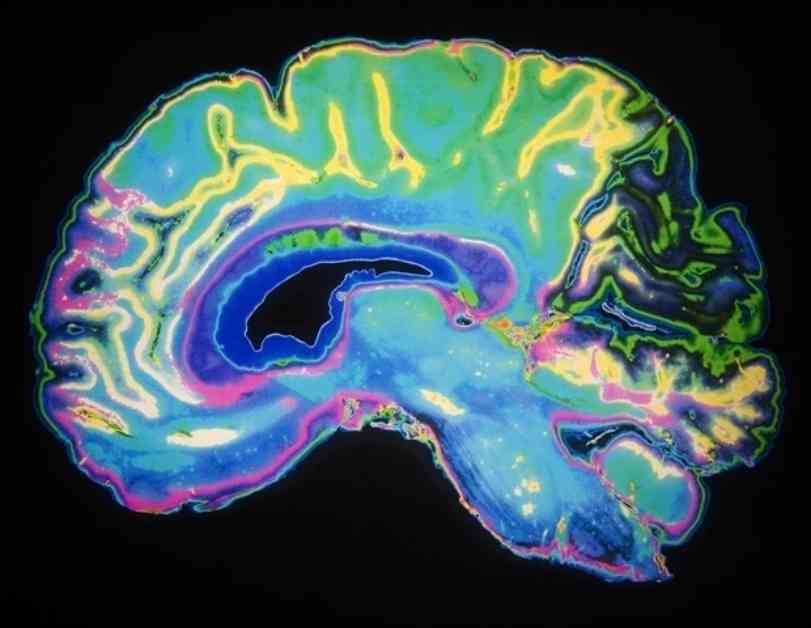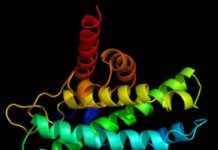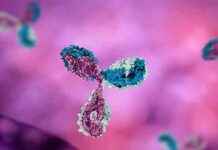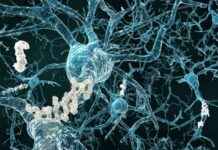Kaya Bilguvar: A Personal Connection to the Research
Kaya Bilguvar, an associate professor adjunct of neurosurgery and genetics at Yale School of Medicine, is not just a researcher but also someone with a personal connection to the groundbreaking study on lissencephaly. For 17 years, the research program at Yale has been collecting blood samples from patients affected by brain malformations to identify genetic mutations associated with their disorders. Bilguvar mentioned that one of the first families enrolled in the research study happened to be his own family, highlighting the deep commitment and inspiration drawn from patients and families involved in the study.
The Discovery of a New Gene and the Development of Brain Organoids
The recent Yale study on lissencephaly has uncovered a new gene associated with the disorder, shedding light on the molecular mechanisms underlying some cases of lissencephaly. By developing brain organoids from the cells of patients with different types of lissencephaly, researchers were able to observe the formation of thicker cortex-like structures similar to those seen in individuals with lissencephaly. These organoids provided valuable insights into the dysregulation of the mTOR pathway in lissencephaly, a fundamental pathway governing cellular metabolism.
Potential Treatment Target and Future Directions
One of the most significant findings of the study was the implication of the mTOR pathway in lissencephaly and the potential for mTOR activators to prevent and reverse brain malformations associated with the disorder. This discovery opens up new possibilities for targeted treatments that could benefit patients across the lissencephaly spectrum. Moving forward, researchers aim to explore the clinical applications of mTOR activators in different genetic types of lissencephaly and delve deeper into the molecular mechanisms underlying the condition.
Conclusion
The groundbreaking research conducted at Yale School of Medicine has unraveled the molecular mysteries of lissencephaly, offering hope for future treatments that could reverse structural brain malformations associated with the disorder. By identifying the dysregulation of the mTOR pathway as a key factor in lissencephaly, researchers have paved the way for targeted therapies that could potentially benefit a wide range of patients with lissencephaly. The ongoing commitment and dedication of the research program at Yale underscore the importance of basic discoveries in advancing medical knowledge and improving patient outcomes.






































